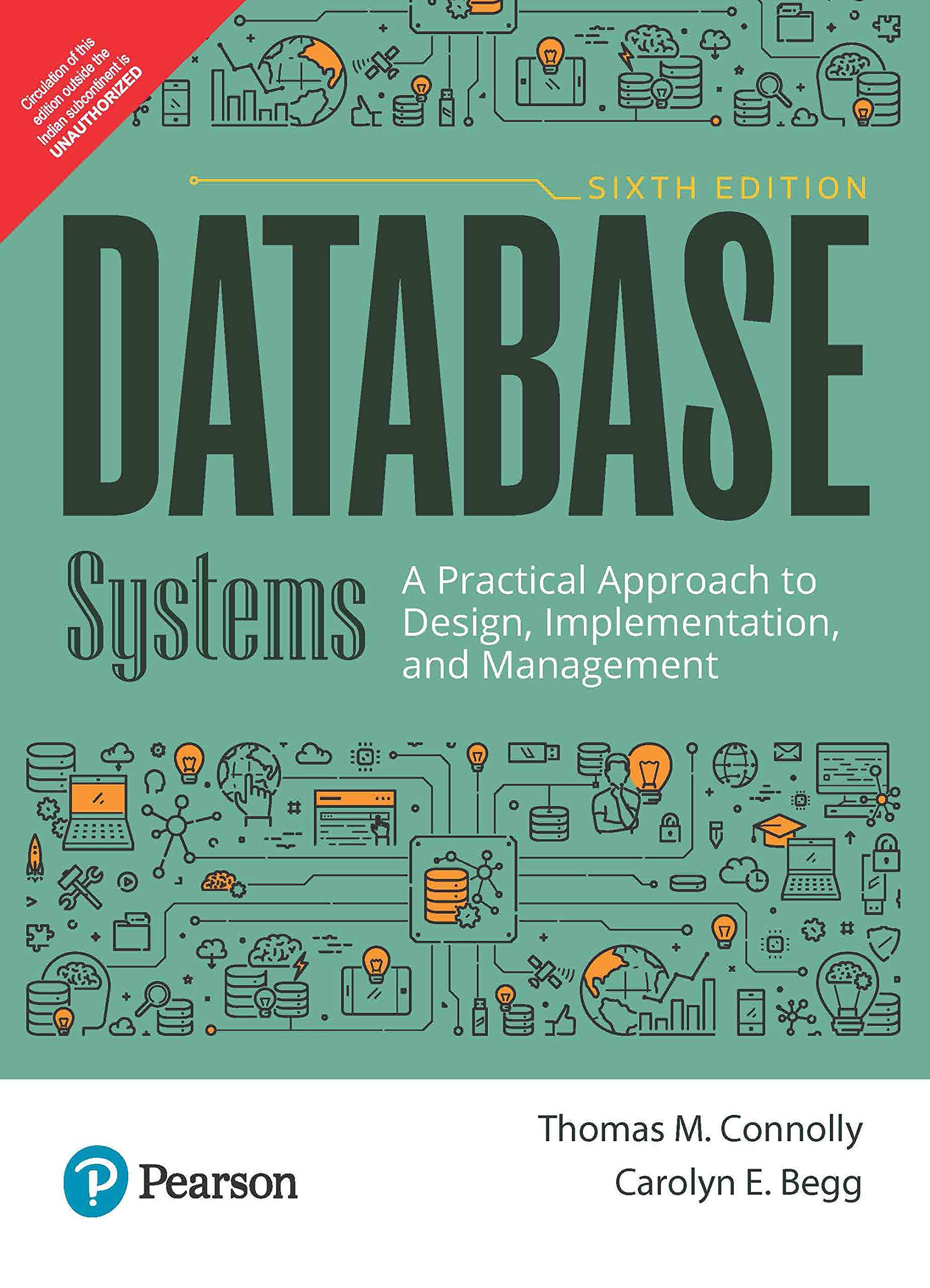Answered step by step
Verified Expert Solution
Question
1 Approved Answer
Linear Algebra, Python is being used in this class. Numpy, sklearn, pandas can be used, below are notes that might contextualize the problems above. II.

Linear Algebra, Python is being used in this class. Numpy, sklearn, pandas can be used, below are notes that might contextualize the problems above.

Step by Step Solution
There are 3 Steps involved in it
Step: 1

Get Instant Access to Expert-Tailored Solutions
See step-by-step solutions with expert insights and AI powered tools for academic success
Step: 2

Step: 3

Ace Your Homework with AI
Get the answers you need in no time with our AI-driven, step-by-step assistance
Get Started


